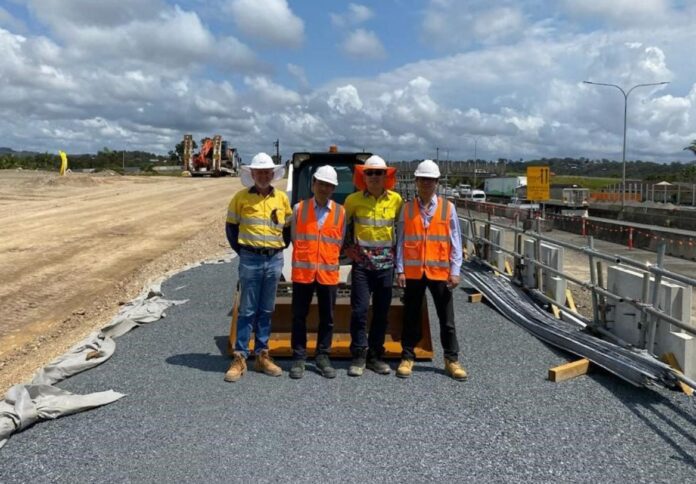
Researchers from Griffith University and Geoinventions Consulting Services have developed a world-first multi-functional geotechnical sensor that could monitor the health of Australia’s roadways, enhancing safety and saving taxpayer money.
Backed by the Innovative Manufacturing Cooperative Research Centre (IMCRC), the project leveraged micro-electro-mechanical systems (MEMS) technology and Interest of Things to create a smart, robust, and energy-efficient sensor suited to Australia’s extreme environments.
The sensor is aimed at providing the Australian industry with a cheaper alternative to devices that are currently on the market, said Barry Kok, Geoinventions’ operations director.
“With IMCRC’s support, we have developed and commercialised a multi-functional, customisable smart sensor that does the job of two devices traditionally used in soft-soil engineering,” Kok said.
“Moving forward, we will continue to collaborate with other Australian manufacturers to provide an end-to-end geotechnical solution, taking in feedback to continuously improve both the sensor and production process.”
Professor Dzung Dao, head of mechanical engineering at Griffith University, said by co-funding and facilitating the project, IMCRC had paved the way for an ongoing collaborative relationship with Geoinventions.
“Our partnership has delivered a MEMS sensor manufacturing technique that has a significant advantage over conventional methods. It’s capable of delivering many sensors on one silicon wafer, reducing the manufacturing time, cost and size of the device.
“In addition, the unique design and use of silicon carbide material ensure the sensor can withstand the harsh underground environments at the sites where it will be embedded. We look forward to further refining the sensor design with Geoinventions in the coming year.”
David Chuter, IMCRC’s chief executive officer and managing director, the sensor’s applications across the engineering, civil contracting and infrastructure sector will revolutionise traditional geotechnical monitoring, mitigating risk, and safety issues in construction.
“And by manufacturing the sensors in Australia, Geoinventions will contribute to the growth of our advanced manufacturing sector, creating jobs, strengthening local supply chains and generating global export opportunities,” Chuter added.
Since the project’s conclusion, Geoinventions has successfully patented the geotechnical sensor, which will be manufactured locally on the Gold Coast in Queensland.

















